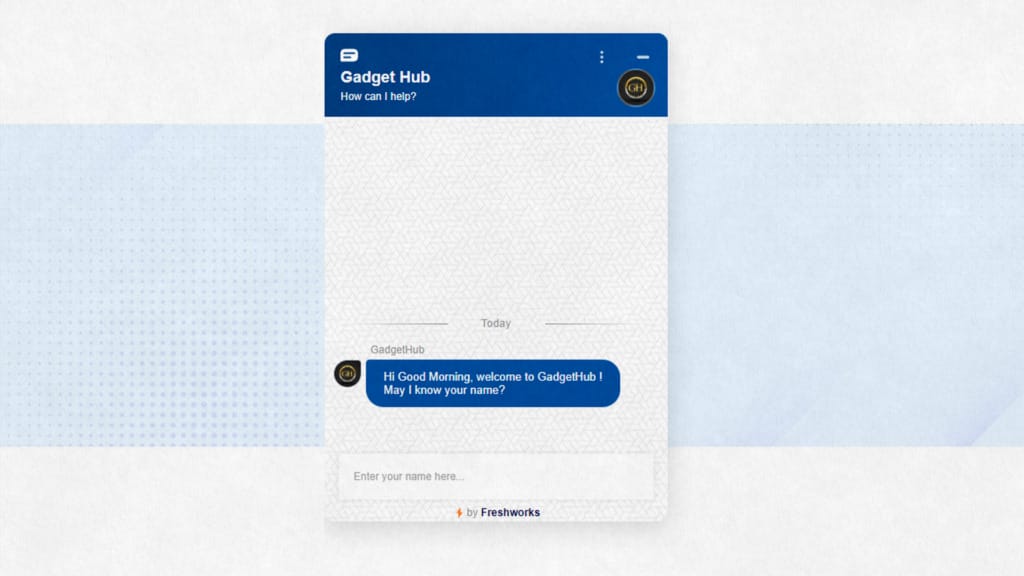In today’s rapidly evolving digital landscape, the emergence of artificial intelligence (AI) and automation is fundamentally altering the essence of customer service. These technologies herald a new era of efficiency, personalisation, and responsiveness, transforming how businesses interact with customers. As companies navigate this shift, integrating AI and automation into their customer service practices has become not just advantageous but essential. This strategic adoption caters to the growing expectation for immediate and tailored customer experiences, setting a new benchmark for service excellence.
The transition from traditional customer service methodologies—characterised by manual processes and generic responses—to a more nuanced, technology-driven approach marks a significant evolution. Today, AI and automation enable businesses to adapt to individual customer needs and preferences dynamically, offering personalised interactions at scale. This represents a revolutionary shift, where the blend of technological innovation and human insight promises to meet and exceed the ever-changing expectations of consumers.
Streamlining operations and enhancing personalisation
The advent of AI and automation initiates a radical transformation in managing customer inquiries and support issues. By automating routine tasks, businesses can reallocate resources more effectively, concentrating on complex issues that require human empathy and understanding. This boosts efficiency and opens avenues for deeper personalisation of customer service. AI-driven analytics can sift through vast amounts of customer data, tailoring interactions to each individual’s preferences and history, thereby elevating the customer experience to new heights.
For example, integrating AI and automation has been transformative in the realm of helpdesk software. Solutions are designed to streamline the support process, making it more efficient and responsive. A notable example is how certain software automates mundane tasks, allowing customer support teams to focus on delivering solutions more swiftly and effectively. These tools facilitate seamless team collaboration, ensuring that customer issues are resolved with unprecedented speed and accuracy, showcasing the tangible benefits of technology in enhancing customer service operations.
Enhancing real-time interactions with live chat

The demand for instant support has made live chat an indispensable component of modern customer service. AI and automation significantly augment live chat capabilities, making it possible to offer immediate, reliable assistance on a company’s website. Through the use of intelligent chatbots for initial screening and information gathering, businesses can ensure that more complex issues are directed to human agents, maintaining a high level of service quality.
Live chat technologies have evolved to not only address queries efficiently but also to engage customers proactively. Businesses can significantly enhance conversion rates and customer retention by identifying key moments in the customer journey where a chat interaction could be most impactful. This proactive engagement, supported by AI-driven insights, allows companies to deliver a more satisfying and cohesive customer experience.
Automating sales processes for efficiency and visibility
The integration of AI and automation into sales processes has been particularly transformative, introducing a level of efficiency and strategic insight previously unattainable. Automating routine sales tasks frees up professionals to focus on engagements that benefit from a personal touch, while AI offers predictive analytics to guide prioritisation and personalisation of sales efforts. This ensures that teams are more efficient and more effective, operating with a deeper understanding of customer needs.
For instance, platforms that embody the forefront of AI integration in sales, like Freshsales Sales Force Automation, provide comprehensive tools that streamline every stage of the sales process. From lead capture to deal closure, these tools ensure that sales operations are as efficient as possible, with built-in communication features facilitating easy follow-ups and engagement with prospects. The capacity to log every interaction provides a complete picture of the customer journey, enhancing the quality of customer engagements and the likelihood of successful outcomes.
Moreover, the strategic value of AI and automation extends to the insights these technologies provide. Sales teams gain access to a wealth of data-driven insights into customer behaviour and sales trends, allowing for more informed decision-making. This capability to adapt sales strategies based on real-time analytics results in a more dynamic and effective approach, closely aligned with the nuanced needs of today’s customers.
The future of customer service with AI and automation
As AI and automation continue to advance, their influence on customer service and sales is poised to grow even more significantly. These technologies offer the means for businesses to not only meet but surpass the evolving expectations of modern consumers, delivering service that is both highly personalised and efficient. The key to harnessing these benefits lies in a strategic integration of AI and automation into customer service operations, enabling companies to enhance their service offerings and secure a competitive edge in the digital marketplace.
This evolution towards more technology-integrated customer service models promises not only operational improvements but also deeper, more meaningful customer engagements. Ultimately, the transformative power of AI and automation in customer service and sales processes is undeniable, offering a pathway for businesses to foster loyalty, drive growth, and navigate the complexities of the modern market with confidence.





